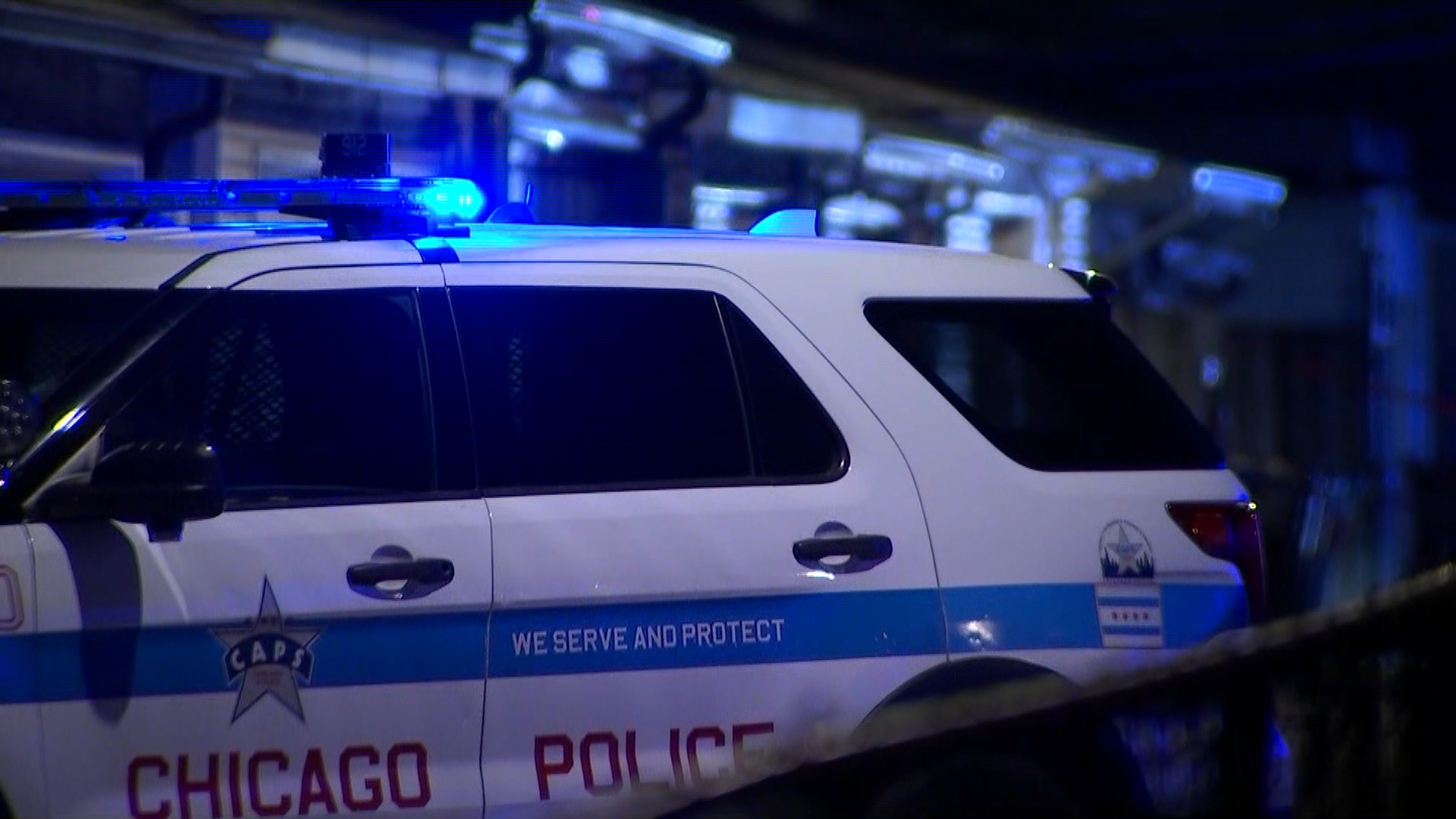Chicago's top doctor on Thursday broke down the different types of coronavirus variants, explaining delta and delta plus, as well as detailing when the city and other jurisdictions would potentially need to make "major changes" in restrictions and other efforts to slow the spread of COVID-19.
Chicago Department of Public Health Commissioner Dr. Allison Arwady addressed questions about the different variants in a Facebook live broadcast.
She highlighted the three different tiers into which the Centers for Disease Control and Prevention categorizes coronavirus variants. They are, in ascending order of concern: variant of interest, variant of concern and variant of high consequence.
"We've never had a variant yet that has been considered a variant of high consequence. If we did, that would be a very big deal," Arwady said. "It would mean that we would probably need to be doing another round of vaccinations or making major changes, but we've not seen anything that the [World Health Organization], the CDC, anybody, has labeled as variant of high consequence,"
Feeling out of the loop? We'll catch you up on the Chicago news you need to know. Sign up for the weekly Chicago Catch-Up newsletter here.
"We do have some of these variants of concern," she continued. "The one that has been getting the most attention right now, of course, is the delta variant."
Arwady clarified that the so-called "delta plus" variant is a sub-type of the delta variant known formally as AY.1. The original delta variant is known as B.1.617.2, while three sub-types have been labeled AY.1, which some have informally called "delta plus," as well as AY.2 and AY.3.
"There have been a handful of cases, but not even 1% of cases, either here in the Midwest area or in the U.S. have been identified as that AY.1," Arwady said.
Local
"Trust me, the scientists absolutely track those sub-pieces within it," Arwady said, explaining, "All of them have been shown to have the same amount of what's called neutralizing antibodies - basically the vaccine continues to work effectively, we've not seen anything at this point with any of these variants that makes it be acting significantly differently than delta, and importantly, it's not out competing the original delta strains."
Arwady said that among the sub-types of the delta variant, the original delta variant B.1.617.2 "outcompetes" the others because it is more contagious.
"In early July, we were already at a point where more than 80% of cases across the U.S. and actually here in the Midwest area already were that delta variant," she said. "But if you break it down a little bit to this point of delta and delta plus and AY.1, you know technically 72% of them were the original delta and then there's like another 10% that were this delta AY.3."
Arwady added that there's "not been anything that's more concerning" about the way the three sub-types of the delta variant behave, noting that the AY.3 delta variant numbers are actually decreasing while cases of the original delta variant continue to rise.
"if there is ever a variant of high consequence, you will not miss that news. That will be a very big deal," Arwady said. "It would probably mark significant changes to what we needed to do at the societal level to potentially control the virus."
Arwady said variants of concern are "more contagious, they could make people sick or they could make the vaccine less effective" which factored into public health officials in Chicago and nationwide recommending universal masking indoors, regardless of vaccination status, in areas seeing substantial or high community transmission of COVID-19.



